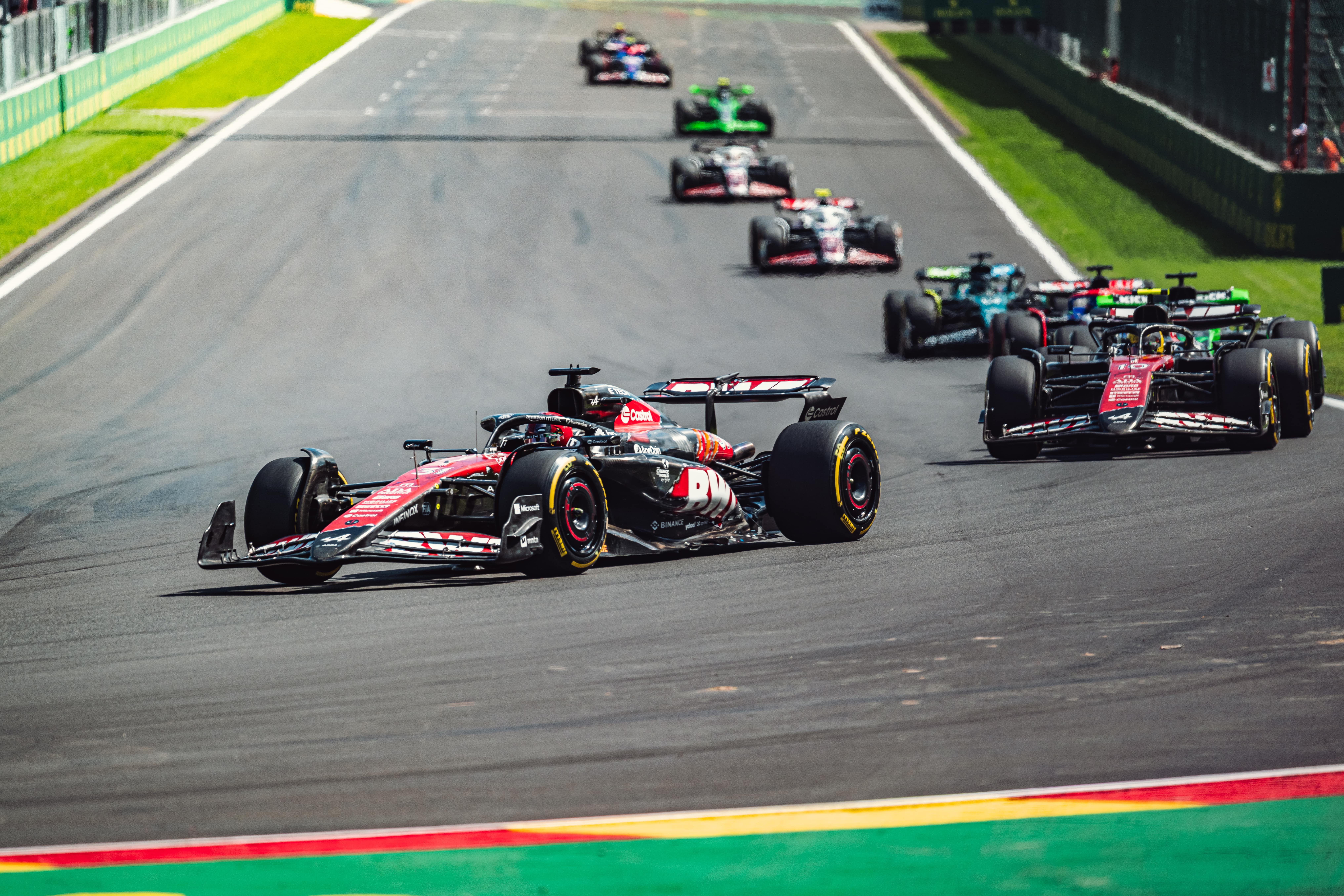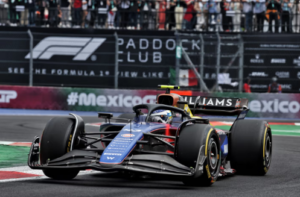The last eighteen months have been difficult for Alpine. A combination of poor development and managerial instability have proved detrimental to their progress. To make matters worse, there is plenty of pessimism about Alpine’s chances in the near future. Rather than pushing towards the front, the French squad are expected to stay firmly at the back.
Why Alpine’s development is compromised
In just over a year, three team principals (Otmar Szafnauer, Bruno Famin and Oliver Oakes) have been in charge at Alpine. Naturally, the team’s rapid turnover rate is a common topic of discussion in F1 circles.
However, these changes are only the byproduct of more fundamental issues beneath the surface.
A lack of ambition has seen Alpine operate on limited funding and utilise the outdated infrastructure.
To make matters worse, their technical director (Matt Harman) departed when the season began. Unlike other teams (even those like Haas with fewer resources), Alpine does not have a clear trajectory ahead.
Most of their upgrades in 2024 have consisted of weight-reducing components, introduced to rectify the A524’s excess weight.
First intended as a platform for an aggressive development path, Alpine’s current concept is understood to have limited potential.
Even if there were encouraging numbers from the wind tunnel, teams soon will begin focusing on the 2026 regulations. This would give Alpine a small window to implement meaningful changes.
However, meaningful short-term gains for the French squad are purely hypothetical at this stage.
Alpine will instead put their hopes into the next regulatory cycle.
Long-term concerns
For several years, Alpine’s status as an engine manufacturer granted them a certain pull in the market.
Daniel Ricciardo, Esteban Ocon, Nico Hulkenberg, and Fernando Alonso are among the drivers who were attracted to the Enstone project.
Of course, this enthusiasm is firmly in the past. Not only have Renault engines consistently underperformed, but Alpine themselves lack confident in their own power units.
Their disinterest in their own engines is so significant that Mercedes could become Alpine’s power unit supplier in 2026.
Regardless of whether an agreement is reached, the fact such a radical move is being considered does not bode well for the future.
Voluntarily giving up such an integral part of your own development is a huge concern.
If this move materialises, it would be a step in the opposite direction of what most teams (Aston Martin, Sauber) are pursuing.
Just under twelve months ago, Alpine sold 24% of their team to a series of investors.
In combination with their other decisions behind the scenes, the French squad’s commitment to F1 is in question.






